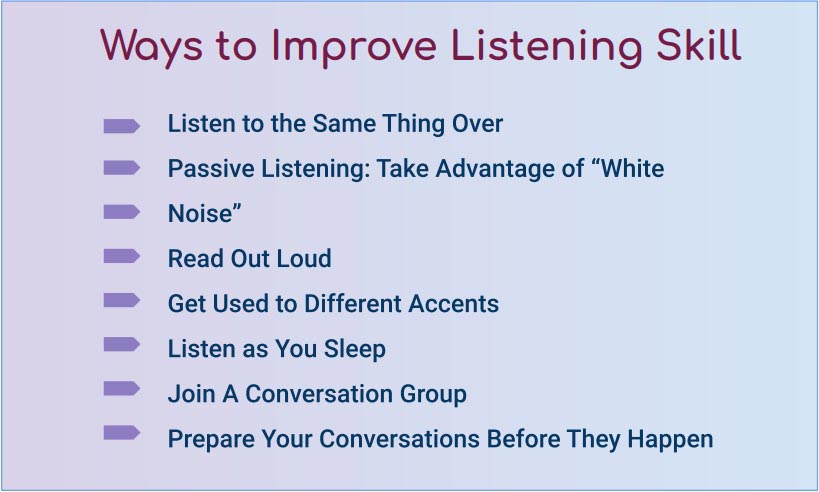What is Homophones? Types of Homophones
Homophones are words or phrases that sound too similar to tell them apart. They are alternatively known as commonly confused words since the phonetic resemblance often results in undeniable confusion.
What is Homophone?
Greek words - homos (meaning - same) and phōnḗ (meaning - utterance) join to make homophone or phonetically homogeneous words. They are sets of same or similar sounding words or word clusters that have different spellings, origins, and meanings. These have mere phonetic resemblance while they are completely different in essence and the meanings they express.
Types of Homophones
There are a few types of homophones in the English language depending on their level of phonetic similarity and difference in spelling and meaning. They are listed below -
1. Homograph
Sets of words that have the same spelling but different meanings regardless of the fact whether they are pronounced the same or not. For instance -
- Bat /bat/ - a winged mammal of the night
- Bat /bat/ - a wooden ladle to hit the ball in sports
- Letter /ˈlɛtə/ - a paper holding written messages to someone
- Letter /ˈlɛtə/ - every single written unit in the alphabet
2. Heterograph
Words with the same pronunciation yet different spellings and meanings. For example -
- Week /wiːk/ - the unit of seven days
- Weak /wiːk/ - lacking physical strength
- Hair /hɛː/ - thin strands of mass outgrows on animal skin
- Hare /hɛː/ - large rabbit
3. Heteronym
Words spelled the same but slightly different phonetically. A few examples are listed below -
- Lead /liːd/ - guiding from the front
- Lead /ˈlɛd/ - a soft metal that is silvery in color
- Bass /beɪs/ - the depth of sound
- Bass /bas/ - a type of freshwater fish
4. Oronym
Phrases word clusters that are phonetically similar but different in spelling and meaning. Check some of the examples below -
- Stuffy nose - It’s not about the stuffy nose.
- Stuff he knows - It’s not about the stuff he knows.
- Ice cream - Ice cream sandwiches.
- I scream - I scream, “Sandwiches”.
5. Pseudo-homophone
Same pronunciation but one of the words is not a proper word or wrong spelling for the other yet often used by mistake. Few examples are below -
- Groan - a barely audible sound expressing pain
- Grone - a common misspelling of “Groan”
- Crane - a bird with a long neck; a machine used in construction works
- Crain - a common misspelling of “Crane”
6. Synophone
These are similar sounding words that have only one phoneme difference, similar meanings yet different spellings. The examples below should help -
- Beat /biːt/ - hitting someone
- Bit /bɪt/ - wounding someone with a bite (past tense)
- Effect /ɪˈfɛkt/ - results
- Affect /əˈfɛkt/ - influence negatively
Comparison Table for Homophones
|
Homophones \ Factors |
Same Pronunciation |
Similar Pronunciation |
Different Spelling |
|
Homograph |
Yes |
|
|
|
Heterograph |
Yes |
|
Yes |
|
Heteronym |
|
Yes |
|
|
Oronym |
|
Yes |
Yes |
|
Psudo Homophone |
Yes |
|
Yes |
|
Synophone |
|
Yes |
Yes |
What is Homonym?
The word - “Homonym” demands to be mentioned here because of its often interchangeable usage with “Homophone''. Greek words homos (meaning - same) and onoma (meaning name) make the Latin word homonym. “Name” here, proves rather confusing as to whether it’s homogenous in spelling or pronunciation or both. Scholars and linguists stand divided in case of which ones classify as homonyms.
- Some debate phonetically same words are homonyms which is exactly what homophones are. They often fail to draw a clear distinction between the two.
- Some claim words with the same pronunciation (homophone) or spellings (homograph) but different meanings are homonyms. But that clearly questions its reason for existence.
- Others believe homophones and homographs are classifications of homonyms.
Thanks to the debate, learners often end up using it interchangeably with homophones and homographs which leads to further confusion and error. We would suggest studying it separately as it is so that it does not result in mistaking it as a type of homophone or homograph for that matter.
Grammar
Read More
- How to Use "Therefore" in Sentences Avoiding Common Mistakes
- How to Use "Whereas" with Examples and Avoid Common Mistakes
- When and How to Use "Thus" Correctly Without Common Mistakes
- How to Use "On the Contrary" Properly with Meaning and Examples
- When and How to Use "Either/Or" with Examples and Common Mistakes to Avoid
- How to Use "On the Other Hand" Effectively without Mistakes
- How to Use "Respectively" with Example and Common Errors to Avoid
- How and When to Use "Moreover" Without Mistakes
- How to Use "Likewise" in Sentences Based on Context & When not to Use
- When & How to Use "Although" in Sentences to Avoid Mistake

